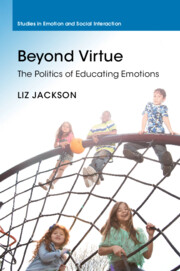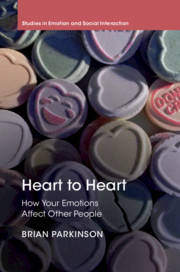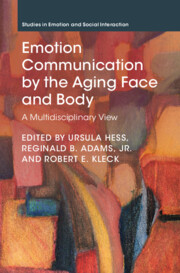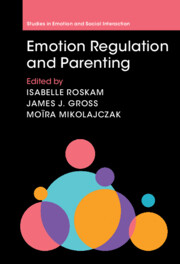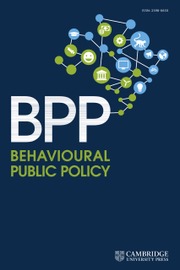Beyond Virtue
Educating students for emotional wellbeing is a vital task in schools. However, educating emotions is not straightforward. Emotional processes can be challenging to identify and control. How emotions are valued varies across societies, while individuals within societies face different emotional expectations. For example, girls face pressure to be happy and caring, while boys are often encouraged to be brave. This text analyses the best practices of educating emotions. The focus is not just on the psychological benefits of emotional regulation, but also on how calls for educating emotions connect to the aims of society. The book explores psychology's understanding of emotions, 'the politics of emotions', and philosophy. It also discusses education for happiness, compassion, gratitude, resilience, mindfulness, courage, vulnerability, anger, sadness, and fear.
- Explores the cultural differences and relational aspects of classroom practices
- Discusses a range of pedagogies and practices in schools
- Integrates findings from psychology, philosophy, sociology, and feminist theory about educating emotions
- Highlights the strengths and weaknesses related to social and emotional learning, character education, and related strategies
Reviews & endorsements
'Recommended.' D. L. Norland, Choice Connect
'[Jackson] demonstrates a clear political awareness and a serious commitment to social justice.' Winne Wong, Postdigital Science and Education
Product details
December 2022Paperback
9781108711609
270 pages
229 × 152 × 14 mm
0.398kg
Available
Table of Contents
- Foreword Judith Suissa
- Preface
- 1. Introduction
- 2. Psychology and the politics of educating emotions
- 3. Views of emotions in moral philosophy
- 4. Happiness, eudemonia, and well-being
- 5. Caring, compassion, and altruism
- 6. Gratitude
- 7. Resilience and mindfulness
- 8. Vulnerability, courage, and grit
- 9. Anger
- 10. Sadness, fear, and anxiety
- 11. Conclusion.

